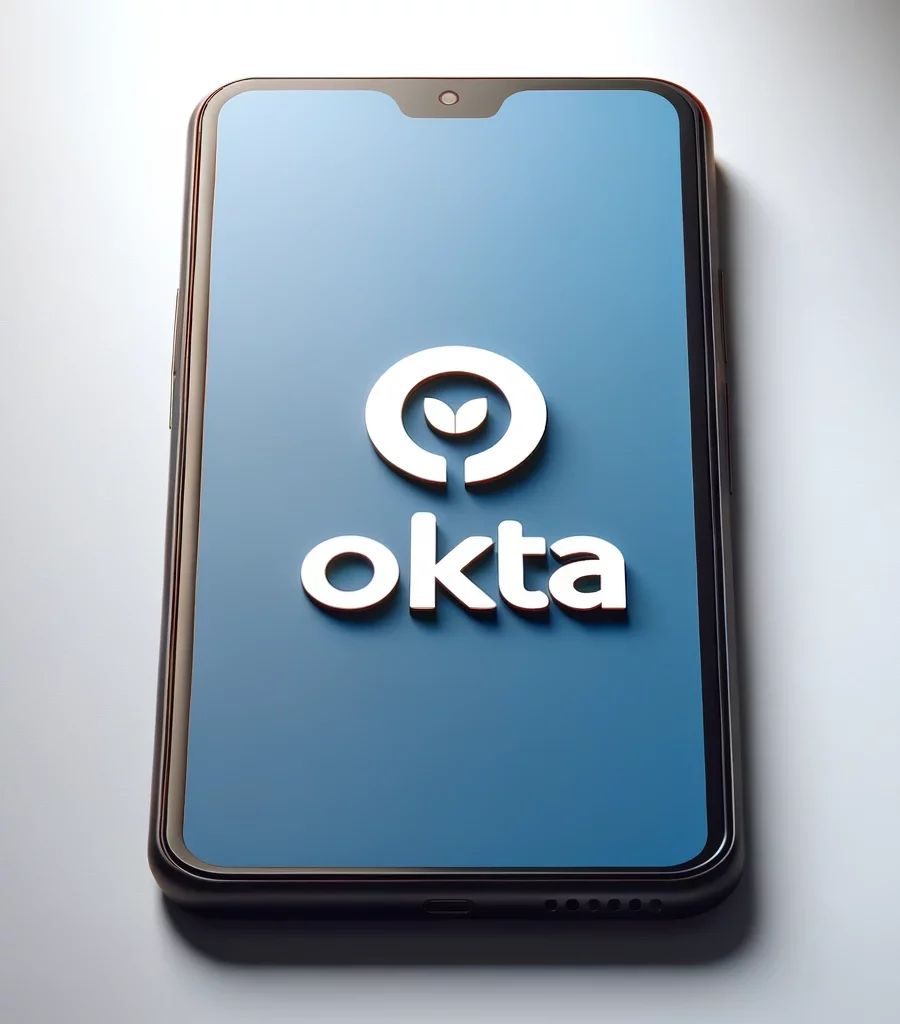💥 Eh, no look now: Da kine scam boom-time in da tech world 🚀
⬇️ Pidgin | ⬇️ ⬇️ English
Brah, get dis one krazy story ’bout how one startup in da land of Silicon Valley 🌉 wen go from zero to hero and den crash big time. We talking ’bout HeadSpin, da company dat was supposed to be da next big ting, but turn out, da big boss Manish Lachwani, was playing fast and loose wit da facts.
Back in 2015, dis guy Lachwani start HeadSpin wit big dreams, telling everybody dey was making more dough 💰 den dey actually was and even saying big names like Apple 🍎 and American Express 💳 was their customers. Not only dat, he wen show off profits when was all kine losses, and den, brah, he use da company’s moolah to gamble on tech stocks 📈. Like, for real, he wen make fake invoices to cover his tracks. 🤯
Da ting dat blow my mind 🤯 is how easy Lachwani wen do all dis stuff. HeadSpin wen pull in $117 million from some heavy hitters in da tech investment world, but guess what? No one was really watching da store. No chief financial officer, no HR department, no audits, nothing. 🙅♂️
Even though da guys wit da big bucks 💸 knew something was fishy, dey still wen throw money at HeadSpin, boosting its value up to $1.1 billion by 2020. But when dey finally asked Lachwani for get his act together and bring in a CFO, he just wen shrug ’em off.
Now, da feds 🚓 caught up wit him, and after pleading guilty to fraud, Lachwani looking at some serious time in da slammer. But dis whole mess ain’t just ’bout one guy getting too greedy. It’s like a wakeup call for all those tech startups out dere running wild without anyone to keep ’em in check.
You see, in da world of startups, especially in Silicon Valley, it was all about growing fast and breaking things. But sometimes, what got broken was da truth. Now, as more of these stories start to come out, people starting for realize maybe it’s time for pump da brakes and make sure everything pono before diving in headfirst.
As for HeadSpin, dey trying for move past all dis drama. Dey got new leadership and even scored some fresh funding. But da question remains: Can tech startups learn from these hard lessons, or are we just waiting for da next big scandal to hit da headlines? Only time will tell, but for now, let’s just hope we see more aloha 🌺 and less oh no! in da tech world.
🤙 Stay tuned, braddahs and sistahs, cause dis story still unfolding, and who knows what kine twists and turns we gonna see next in da wild world of Silicon Valley startups.
NOW IN ENGLISH
No Oversight: Inside a Boom-Time Start-Up Fraud and Its Unraveling
False claims and risky trades at the Silicon Valley start-up HeadSpin were part of a pattern of trouble emerging at young companies that lacked controls. After Manish Lachwani founded the Silicon Valley software start-up HeadSpin in 2015, he inflated the company’s revenue numbers by nearly fourfold and falsely claimed that firms including Apple and American Express were customers. He showed a profit where there were losses. He used HeadSpin’s cash to make risky trades on tech stocks. And he created fake invoices to cover it all up.
What was especially breathtaking was how easily Mr. Lachwani, now 48, pulled all that off.
While HeadSpin had raised $117 million from top tech investors — including GV, the venture capital arm of Google’s parent, Alphabet; and Iconiq Capital, which helps manage Mark Zuckerberg’s billions — it had no chief financial officer, had no human resources department and was never audited.
Mr. Lachwani used that lack of oversight to paint a rosier picture of HeadSpin’s growth. Even though its main investors knew the start-up’s financials were not accurate, according to Mr. Lachwani’s lawyers, they chose to invest anyway, eventually propelling HeadSpin to a $1.1 billion valuation in 2020. When the investors pushed Mr. Lachwani to add a chief financial officer and share more details about the company’s finances, he simply brushed them off.
These details emerged this month in filings in U.S. District Court for the Northern District of California after Mr. Lachwani had pleaded guilty to three counts of fraud in April. He is set to be sentenced next month, with a maximum penalty of 20 years in prison for each count. The absence of controls at HeadSpin is part of an increasingly noticeable pattern at Silicon Valley start-ups that have run into trouble. Over the past decade, investors in tech start-ups were so eager to back hot companies that many often overlooked reckless behavior and gave up key controls like board seats, all in the service of fast growth and disruption. Then when founders took the ethos of “fake it till you make it” too far, their investors were often unaware or helpless.
FTX, the cryptocurrency exchange that collapsed last year, had a three-person board with barely any influence over the company, tracked its finances on QuickBooks and used a small, little-known accounting firm. Theranos, the failed blood-testing company, had no financial audits for six years. The founders of those companies have been convicted of fraud. Now, amid a start-up shakeout, more frauds have started coming to light. The founder of the college aid company Frank has been charged, the internet connectivity start-up Cloudbrink has been sued, and the social media app IRL has been investigated and sued. Last month, Mike Rothenberg, a Silicon Valley investor, was found guilty on 21 counts of fraud and money laundering. On Monday, Trevor Milton, founder of the electric vehicle company Nikola, was sentenced to four years in prison for lying about Nikola’s technological capabilities.
“Governance got a bit loosey-goosey during the bubble,” said Healy Jones, vice president of financial strategy at Kruze Consulting, a provider of financial services for start-ups. Lately, Mr. Jones said, he has noticed venture firms doing more due diligence on potential investments, but “they probably shouldn’t get a gold star for fulfilling their job description.” Through a lawyer, Mr. Lachwani declined to comment.
Rajeev Butani, who took over as HeadSpin’s chief executive in 2020, said in a statement that the company’s board took immediate action after Mr. Lachwani’s conduct was discovered that year and cooperated with the government investigation. “We are grateful to our customers who have supported us through the journey,” Mr. Butani added.
Mr. Lachwani started HeadSpin in 2015 in Palo Alto, Calif., after selling his previous company, Appurify, to Google. Businesses use HeadSpin’s technology to test and monitor their apps across various geographies and devices. The start-up quickly attracted money from investors including SV Angel, Felicis, and GV.
There were soon red flags. HeadSpin’s financial statements often arrived months late, if at all, investors said in legal declarations. The company’s financial department consisted of one external accountant who worked mostly from home using QuickBooks, a basic system designed for small businesses. HeadSpin had no human resources department or organizational chart and wasn’t audited.
Around 2015, Mr. Lachwani saw an opportunity to profit on HeadSpin’s cash reserves. “It is extremely sad to see money reaping really low interest,” he wrote in an email that year to Karim Faris, an investor at GV who sat on HeadSpin’s board.
Mr. Faris advised Mr. Lachwani to keep the cash in “very conservative and liquid instruments.” But over the next few years, Mr. Lachwani used HeadSpin’s cash to buy stocks and options in tech companies including Snap, Roku, and Tesla, according to bank statements filed as part of the case. At one point, he sent Mr. Faris a bank statement that showed the money was in cash and cash equivalents, according to Mr. Faris’s declaration. A GV spokeswoman declined to comment.
By 2017, Mr. Lachwani was overstating HeadSpin’s revenue to investors by including income from customer contracts that had not been finalized and one that had been canceled, he said in his plea agreement.
HeadSpin’s investors tried and failed to assert influence. Mr. Faris and Nikesh Arora, HeadSpin’s chairman, each provided a list of candidates for chief financial officer to hire, they said in declarations. Iconiq pushed Mr. Lachwani to add more controls, according to claims made in a presentation included in a court filing.
Mr. Lachwani resisted Iconiq’s demands, resulting in “a rift between them” that led the founder to want to return Iconiq’s investment, the presentation said. Mr. Lachwani never hired a chief financial officer.
Iconiq and Mr. Arora didn’t respond to requests for comment.
HeadSpin’s accountant, Sana Okmyanskaya, said in a declaration that Mr. Lachwani had directed her to add income from new contracts to the company’s books. When she asked to see the contracts, he ignored her.
“He seemed very busy and seemed often to work late into the night,” she said in the declaration.
Mr. Lachwani sometimes sent Ms. Okmyanskaya invoices that he had altered to include money that was never invoiced, his lawyers said in a filing. Ms. Okmyanskaya, who did not respond to a request for comment, said in her declaration that he had also lied to her about the details of contracts to explain inconsistencies. In 2019, Mr. Lachwani cashed out $2.5 million of his own shares in HeadSpin, selling them to an investor.
Investors poured more money into HeadSpin in 2020, valuing it at $1.1 billion. By then, Stefanos Loukakos, a tech executive
who was considering joining HeadSpin’s board, had noticed that the start-up’s financials did not add up. He alerted the board.
That prompted an investigation, which uncovered the fraud. Mr. Lachwani was fired in August 2020. HeadSpin later restated its financials, reducing its valuation to $300 million.
Today, HeadSpin is trying to move past the scandal. The company, which has raised new funding, has added a chief financial officer and an audit committee to its board.







